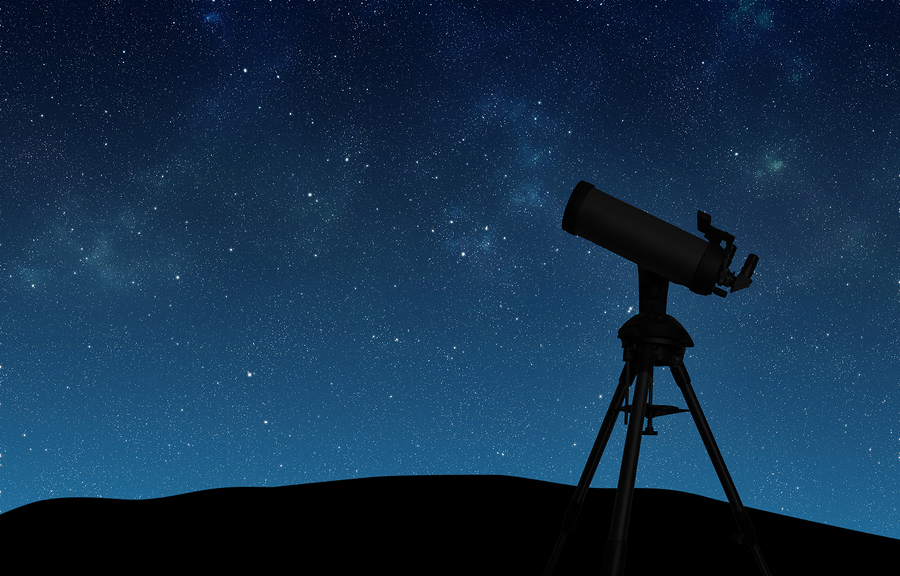Getting started in Astronomy
If you’ve ever looked up to the stars and wondered what lies beyond them then getting involved in astronomy could be a great way of learning more about the universe, and with over 300 billion stars in our own galaxy alone there isn’t a shortage of things to discover.
Getting started in astronomy couldn’t be easier these days with a wealth of expert information readily available on Internet. So from star charts to choosing the right telescope, here are the basics available online for any budding stargazers.
What is astronomy
Plato said “Astronomy compels the soul to look upward, and leads us from this world to another.” while NASA state it as simply a “the study of stars, planets and space.” Since the dawn of man we have looked to the skies in wonder but it wasn’t until the sixtieth century with the development of the reflective telescope and the rise in prominence of the “father of the modern observational astronomy” Galileo Galilei that our understanding of the universe began to develop.
And now with websites like NASA’S Youtube channel, offering lectures as well as live events there has never been a better time to discover the secrets of the universe.
Knowing your telescope
If you’re serious about astronomy then you’ll want to buy a telescope – it can become costly, but if you’re only beginning there are a couple of options for the astronomer on a budget.
As essential as a telescope will become, there is no rush in buying one immediately. Using binoculars before you plunge into the market can be a great way of learning the basics before you splash out the cash.
Find the best binoculars and other reviews at space.com
When it comes to the telescope, just like buying a car or computer, every model is widely different and offers unique features, so it is essential to find one that will fit your specific requirements.
Find two great guides here and here
Join a community
Spending your nights in field in the dark may seem like a lonesome pursuit, and that may be part of the appeal, but there are plenty of forums online where you can discuss recent events and learn more on your journey to becoming a complete stargazer.
The BBC’S Sky at Night Magazine is a fantastic resource with articles, reviews of equipment and an active forum if you are looking for any expert advice.
Sky and Telescope offers similar resources and also includes an event calendar where members can place notifications of their own plans and you can even post an event yourself if you want to gather a crowd.
Download an App
Perhaps seen as a bit of a cheat for the more traditional stargazers, but there are some apps that can pinpoint any constellation at a click of the button.
Sky Map available for free on Android devices shows the position of every star on the screen as you hold it up to the sky and it even has a time travel feature that can show you how their positions have changed over the centuries.
Apple users can get a similar experience with Pocket Universe app available for £2.29.
Visit the Dark Skies Park
There’s really no place better in the UK than a dark skies park if you are looking for clear star-filled skies. Northumberland offers 1,483 square miles, the largest area of protected night sky in Europe, for any budding astronomer to explore.
It is also home to the Kielder observatory, which is open all year round and offers expert lectures from experienced astronomers and access to the powerful telescopes.
Of course anywhere outside of the major cities is great if you’re looking for an area with little light pollution and a country retreat could be a great holiday for the whole family.
Have you thought about becoming an astronomer?
Rachel - Silversurfers Assistant Editor
Latest posts by Rachel - Silversurfers Assistant Editor (see all)
- Chocolate dipped strawberries for Easter - April 13, 2025
- Easter activities for grandchildren - March 31, 2025
- Songs about Mum for Mothering Sunday - March 26, 2025
- The best of Diana Ross - March 25, 2025
- Elton John’s Greatest Hits Playlist - March 24, 2025




















